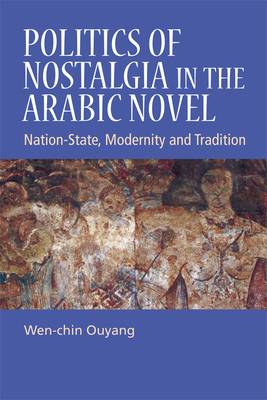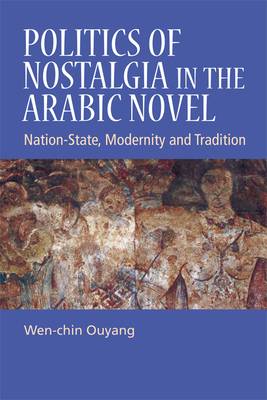
- Retrait gratuit dans votre magasin Club
- 7.000.000 titres dans notre catalogue
- Payer en toute sécurité
- Toujours un magasin près de chez vous
- Retrait gratuit dans votre magasin Club
- 7.000.0000 titres dans notre catalogue
- Payer en toute sécurité
- Toujours un magasin près de chez vous
Politics of Nostalgia in the Arabic Novel
Nation-State, Modernity and Tradition
Wen-Chin OuyangDescription
Wen-chin Ouyang shows how the Arabic novel has taken shape in the intercultural networks of exchange between East and West, past and present. This has created a politics of nostalgia which can be traced to discourses on aesthetics, ethics and politics that are relevant to cultural and literary transformations of the Arabic speaking world in the 19th and 20th centuries. She explores the work of novelists including Naguib Mahfouz, 'Abd al-Khaliq al-Rikabi, Jamal al-Ghitani, Ben Salem Himmich, Ali Mubarak, Adonis, Mahmoud Darwish and Nizar Qabbani to reveal nostalgia and madness as the tropes through which the Arabic novel writes its own history: a story of grappling with and resisting the hegemony of both the state and cultural heritage.
Spécifications
Parties prenantes
- Auteur(s) :
- Editeur:
Contenu
- Nombre de pages :
- 256
- Langue:
- Anglais
Caractéristiques
- EAN:
- 9780748655694
- Date de parution :
- 22-01-13
- Format:
- Livre relié
- Format numérique:
- Genaaid
- Dimensions :
- 157 mm x 236 mm
- Poids :
- 612 g

Les avis
Nous publions uniquement les avis qui respectent les conditions requises. Consultez nos conditions pour les avis.






